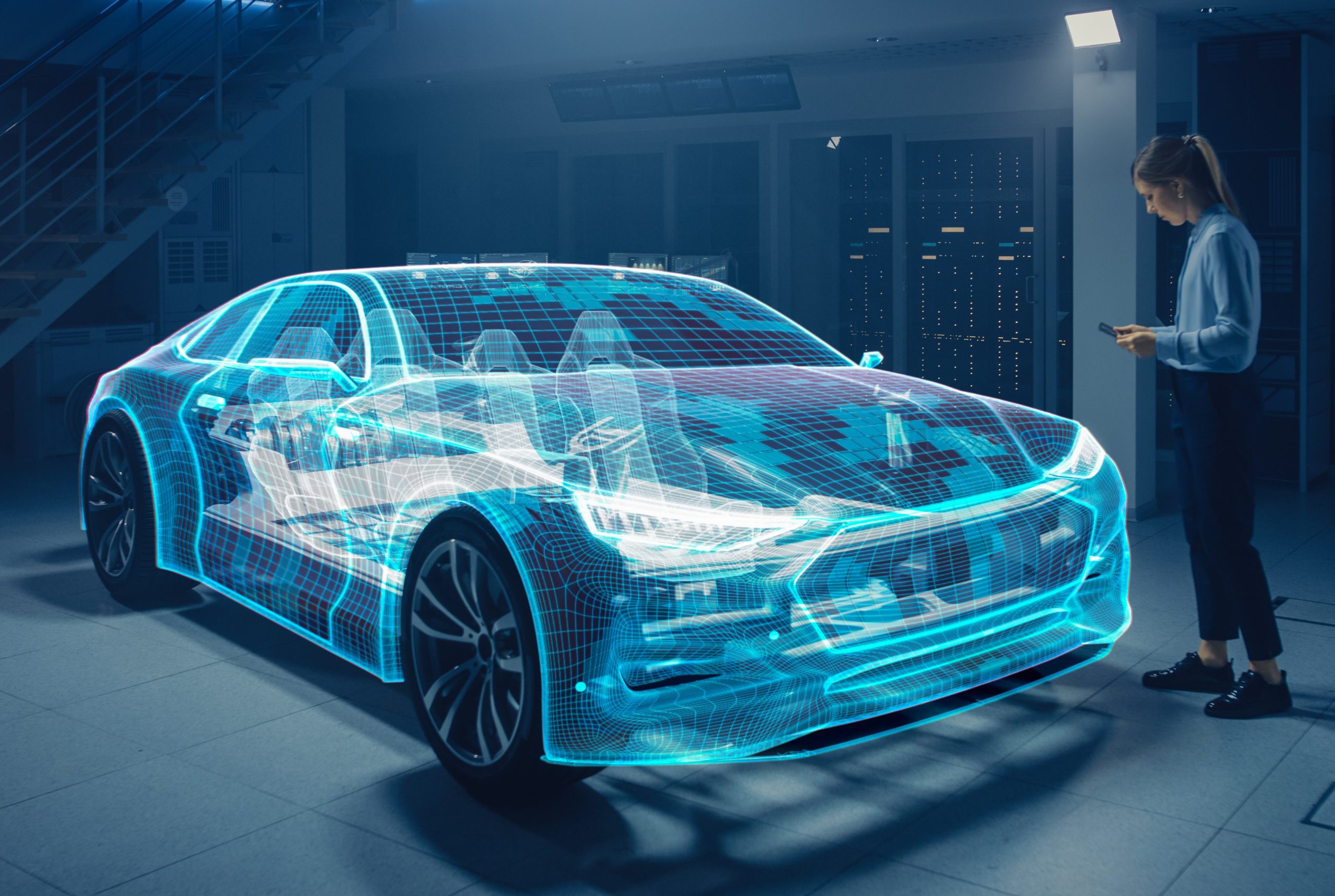
The anatomy of the digital fleet: five tech trends revolutionising fleet management
Fleets are at the epicentre of a digital revolution.
The emergence of new, exciting cutting-edge technologies is poised to transform the industry. They not only promise increased operational efficiency, but they are also paving the way for greater levels of safety and sustainability.
Here we bring you five of the latest technology trends that are acting as a catalyst for fleet transformation.
1. Advanced connected data solutions and predictive analytics are the ‘brains’ of the fleet management tech ecosystem, offering deep insights and foresight into fleet operations, performance, safety and maintenance requirements.
From one-stop-shop fleet management platforms such as MOVE that deliver a network of interconnected technologies to standalone telematics and routing and scheduling software systems – today’s connected fleet solutions are evolving and becoming more advanced than ever before.
MOVE, for example, which brings together a wealth of data sources – a driver portal, stakeholder portal, management portal and mobile app – offers insights and optimisation capabilities across a broad spectrum of areas, including TCO, asset and driver management, SMR, off-road events, CO2 capture, mileage capture and expense management.
MOVE offers a single version of the truth, accurately portraying the true cost, risk and compliance of a fleet.
The latest advancements in telematics go far beyond tracking, helping fleet managers optimise all areas of vehicle and driver operation and performance including, most recently, the routes of their electric fleet, by taking account of battery levels, capacity, average energy consumption and charge point locations.
2. The electrification of transport continues to accelerate apace. This evolving technology ecosystem, including advanced energy storage, could be seen to represent the industry’s ‘heart’ – beating with cleaner, more efficient energy to drive both our vehicles and the critical decarbonisation agenda.
Battery technology continues to advance, offering longer ranges and faster charging times. Innovations in energy storage promise safer, more efficient power with greater energy density.
While Tesla pins its hopes on its game-changing 4680 battery cell, Toyota recently revealed that it had made technological breakthroughs in solid-state battery development. This, it’s reported, will result in fast charging in 20 minutes and a 20% improvement in range.
The transition to electric vehicles (EVs) is further accelerated by improvements in charging infrastructure, including wireless charging and super-fast charging stations, making e-mobility an increasingly viable prospect for commercial fleets.
3. The integration of AI with edge computing promises to supercharge the fleet management ‘nervous system’, enabling critical information to be transmitted and analysed faster and more efficiently.
Edge computing brings data processing closer to the source of data generation – enabling real-time data analysis directly in the vehicle. Edge systems are said to be able to communicate more effectively with sensors, both within vehicles and with cloud servers. This optimises data exchange and storage, improving response times and saving bandwidth for faster data processing.
Using AI algorithms, vehicle health, for example, such as such as engine temperature and tyre pressure, can be analysed in near real-time, helping predict maintenance needs by anticipating vehicle problems before they occur to reduce downtime and extend vehicle life.
4. Cutting-edge cybersecurity – the ‘immune system’ – has become a vital ingredient in the roll out of fleet management systems that have become increasingly connected and reliant on data.
Developments continue to be made to help protect the integrity and privacy of sensitive information – reactive and proactive by anticipating and mitigating risks.
Encryption techniques, for instance, are becoming more sophisticated and robust. This not only includes the encryption of data in transit between vehicles and fleet management systems but also at rest, ensuring comprehensive protection against unauthorised access and data breaches. Enhanced encryption methods are now being integrated into devices and sensors within fleet vehicles to safeguard data at source.
Furthermore, AI is also being embraced, once again, to help address the growing complexity of cyber threats. AI-driven models are capable of analysing vast amounts of data to identify potential threats in real-time, closing the window of opportunity for attacks.
5. Self-driving vehicles may still be in the developmental phase, but the advancements being made are truly remarkable.
The emerging technologies making the vision a reality can be viewed as our ‘hands-free guides’, steering fleets toward what promises to be a safer, more productive future.
With 88% of road collisions having human error as a contributory factor, it’s suggested that autonomous vehicles could help reduce deaths and injuries from drink driving, speeding and driver tiredness.
Before they are allowed on our roads, however, they will have to meet strict, legally binding, safety requirements. These recently came a step closer with the government’s new Automated Vehicles Bill, announced in the recent King’s Speech, which is set to deliver one of the most comprehensive legal frameworks for self-driving vehicles anywhere in the world.
Such technological innovations are helping to forge an increasingly robust, responsive, and resilient fleet management ecosystem. They are not only redefining the capabilities of fleet management, but also helping to set new standards for efficiency, safety, and sustainability.
To find out how Fleet Operations can support the digital transformation of your fleet, contact our team of experts today.
